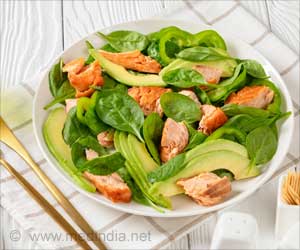Food poisoning from dairy products can occur due to bacteria like Salmonella, Listeria, or E. coli.

Prevalence of potentially pathogenic and antimicrobial-resistant Escherichia coli in raw milk and dairy products in Egypt
Go to source).
E. coli Contamination
Of the 210 samples of raw milk, cheese, and yoghurt, 26.2% were positive for E. coli, with the highest being raw buffalo milk at 68%, and the lowest at 7.5% for rayeb, a type of fermented milk. The preference for raw milk instead of pasteurized milk and varying hygienic conditions at small dairies and markets could explain these results. Yet food poisoning affects every country, even ones viewed as being extremely hygienic like Japan.‘Concerning link: #Ecoli strain found in Egyptian #dairyproducts also identified in a Japan school outbreak. Global food safety implications? #foodsafety #foodpoisoning’





The researchers found that one of the E. coli strains they isolated from the samples collected in 2018 in Egypt had the same characteristics as the E. coli that caused food poisoning in Japan’s central Toyama Prefecture in 2021. During that case, contaminated milk affected more than 1,800 children across 25 schools. “The E. coli discovered in this study has attracted attention as a new pathogenic E. coli that does not fall into any existing category,” explained Graduate School of Veterinary Science Professor Shinji Yamasaki, the corresponding author who is also a leading figure at the Osaka International Research Center for Infectious Diseases. “In the future, as the clarification of the properties of this pathogen progresses further, we hope our research will lead to the establishment of effective treatment and prevention methods.”
The findings were published in the International Dairy Journal.
Reference:
- Prevalence of potentially pathogenic and antimicrobial-resistant Escherichia coli in raw milk and dairy products in Egypt - (https://www.sciencedirect.com/science/article/pii/S0958694624002656?via%3Dihub)
Source-Eurekalert















